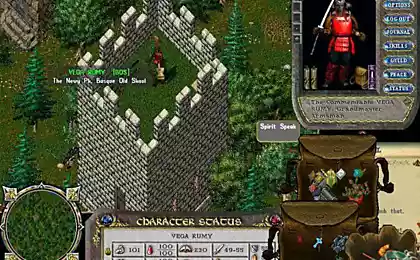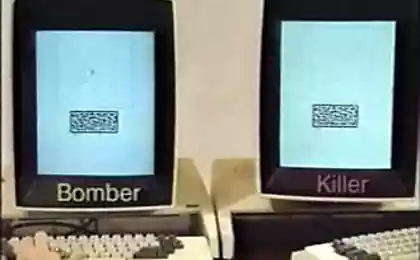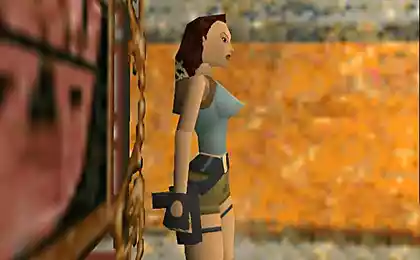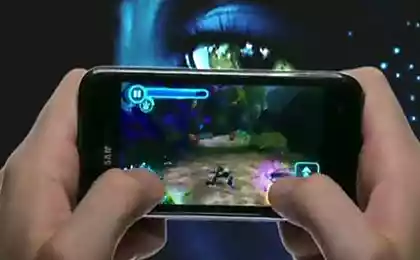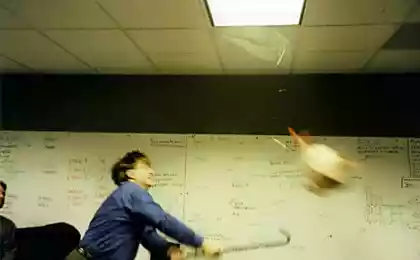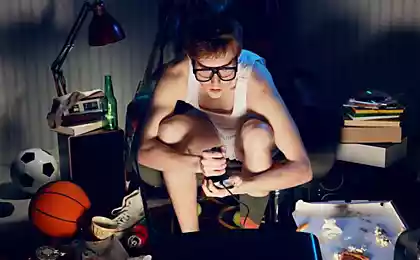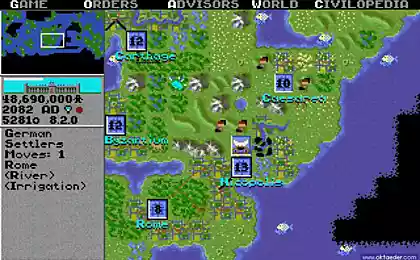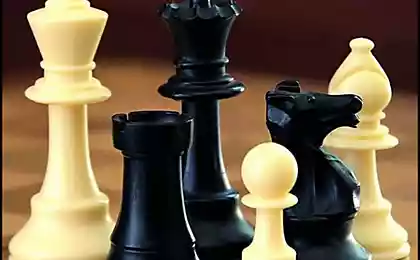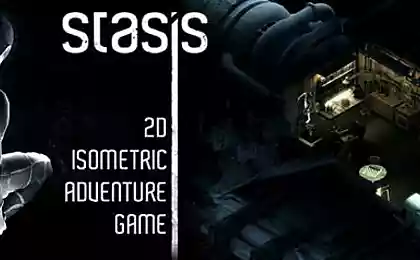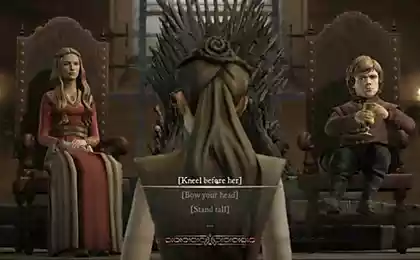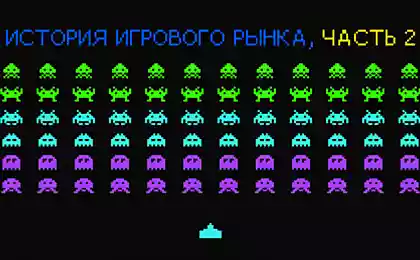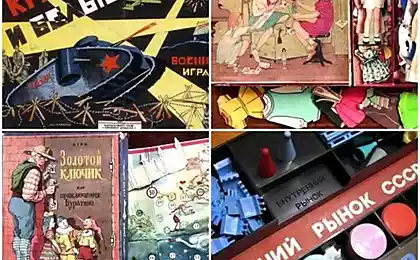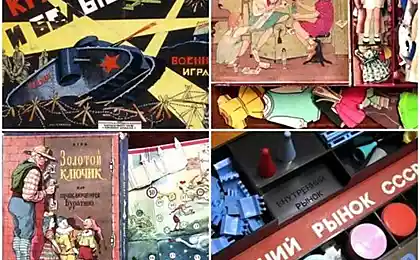776
7 oral games, developing thinking
While standing in traffic, can be nervous or listen to music, and you can play with fellow passengers in games and variety of thought.
In fact, these games are suitable not only for tubes. They will be useful in any forced waiting, the road, idleness or mechanical work — long trip, the way home, queues, cleaning. This is a Golden collection of games that will help at any awkward moment with no additional props and preparation.

Here are seven simple mental games that will keep you and the kids miss you, shake imagination and practice lateral thinking.
1. The past and the future
How to play: Call any object and ask the child the question: "What this item was in the past?". Then begin to fantasize "Than this should be in the future?"
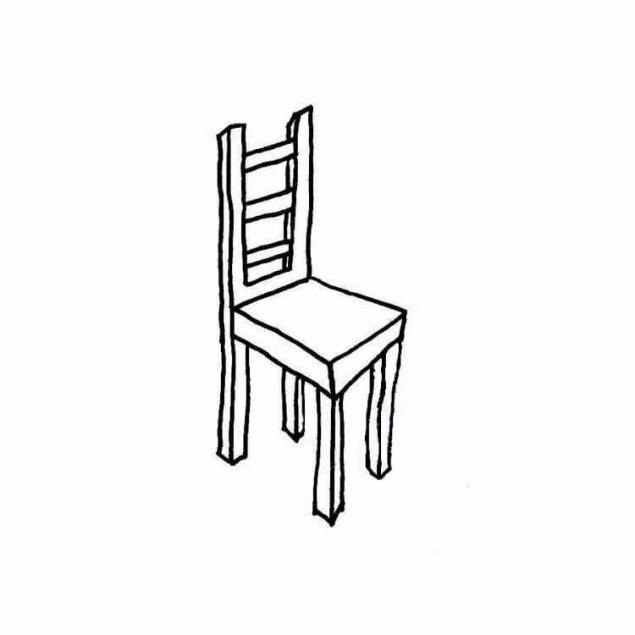
Source: clipartpanda.com
For example: a chair
— What this item was in the past?
Tree/sprout tree seeds from the tree (depending on how deep you dig).
— What it could become in the future?
— Wood/baton leg/swing, if you hang somewhere, etc.
In this game the child:
2. What is?
The rules of the game: we Present an object and called its components
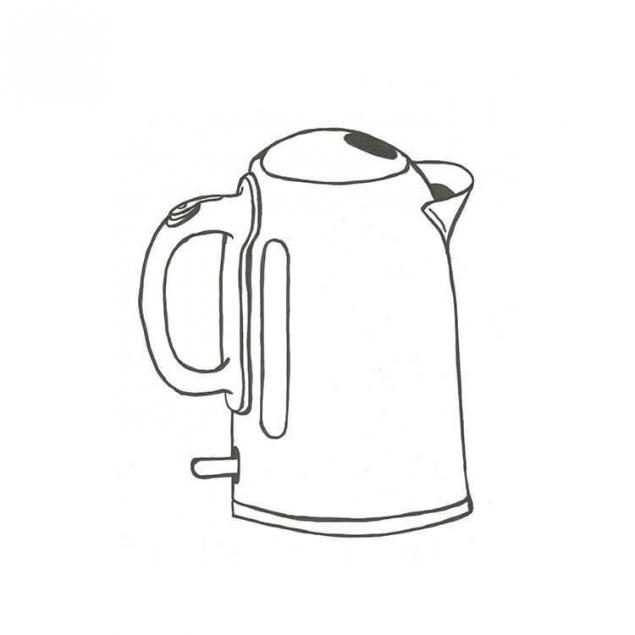
Source: loveofdrawing.com
What you teach your child while playing this game: for Example: an electric kettle (spout, cap, button, heater, light bulb, wire, stand etc.)
3. Including variability
The rules of the game: to Present any subject. Pondering how it can be used, in addition to its direct purpose

Source: sketches.com
1) to put on the leg of a chair to avoid scratching the floor; for Example: plastic Cup
2) to make a hat for Aladdin elastic;
3) cut the circles, paint them and make some colored glasses;
4) to grow plants;
5) collect a lot of cups and make the costume...
What develops:
4. Helpful/Harmful
How to play: Choose a situation and serially enumerated, that it is harmful and what is useful.

Source: drawingimage.com
For example:
The rain is useful, because the plants grow.
— Rain is bad because it can flood something.
The rain is useful, because in the heat can refresh the air.
— Rain is bad because it can get wet and get sick... etc.
What develops: the Ability to see both sides of the coin. Children learn not to despair if something does not work, and Vice versa, not to be too naive to be able to see and negative. The child is trained not to take any sides, learn to analyze both aspects, creating in his mind the boundaries between them.
5. Yes/No
How to play: You wish for something (an object, phenomenon, person, figure, something magical, etc.). The child must guess what it is by asking questions that can be answered only "Yes" or "no".
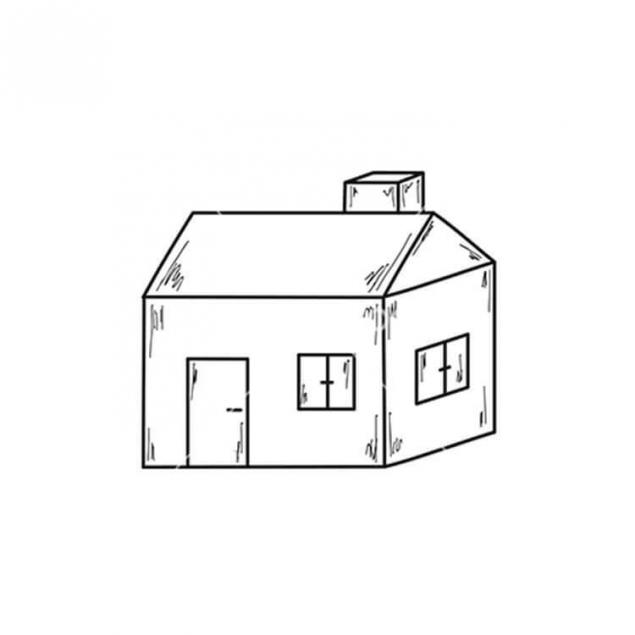
Source: vectorstock.com
For example: the house
— Is it alive?
— No.
Is man-made?
Yes.
Is more you?
Yes.
— Benefits for a person?
Yes.
What develops:
6. Predictor
The rules of the game: Take as a basis for any object/action/phenomenon. Called that instead of the object/action/phenomenon before. That performed the same function as it has evolved over time and how it can be upgraded in the future.
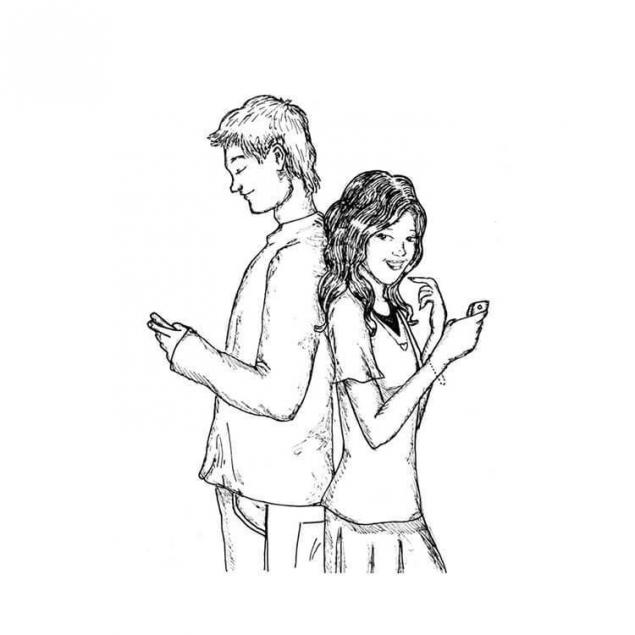
Source: juliesondradecker.com
For example: acquaintance
— How people met in ancient times?
— Sniffing each other, fighting, through touch, etc.
— As familiar now?
— On the streets, in cafes, in the Internet, etc.
— How will meet in the future?
Will send each other a personal robot and pass him complete information about yourself or read it with someone, etc.
What develops:
To assess the rate of progress. In the game the basic idea is that the child has come to the conclusion that the future enormous changes all around it: objects, people and even nature.
Look to the past, to be interested in history. Always interesting and fun to learn the history of ancient times, when everything was completely different. Probably, a child will want to study more deeply the history of mankind to rely on their imagination and real historical facts.
To create a new methodology of TRIZ. The game will bring the child to one of the important concepts of the methodology of TRIZ (Theory of inventive problem solving) — how to make it "self". The perfect solution to any problem by TRIZ assumes that the problem is solved by itself. In modern life, all this goes: things erased themselves in washing machines, vehicles drive themselves on autopilot, etc., and you and the kids will come up with something of such things, without which in the future will be hard to imagine modernity. Go for it.
7. Prominent-obvious
The rules of the game: Imagine two completely different things between them and find as many similarities.
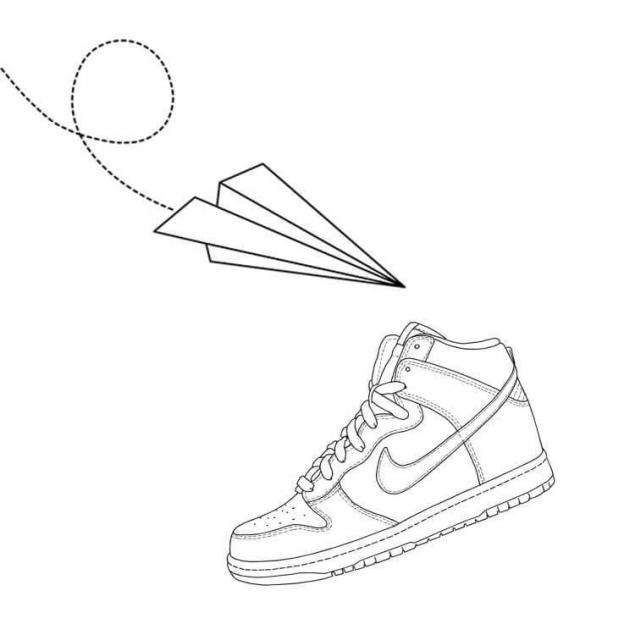
For example: boot and the flying ship
1) both can smell;
2) both can fly;
3) the Shoe is inside the cavity and in the vehicle also;
4) both can be solid;
5) can be the same color...
What develops:
Skill to see the unobvious in the obvious. When children are looking for similar items, they delve into the various characteristics of objects, to extract the most subtle, which somehow can be similar to the second subject. The children plucked and functions of objects and their composition, and visual design.
10 exercises to develop mindfulness in children
Shame and fear: WHAT are we passing on to their children
The game is simple and universal: you can choose any to use it anywhere, simultaneously training the mind and having fun. You can arrange a competition with your child... Believe me, imagination is much brighter than in adults. For each game you can pick up an infinite number of their subjects, objects, phenomena, situations. Any chosen subject — this is another new game!
P. S. And remember, only by changing their consumption — together we change the world! ©
Source: newtonew.com/overview/road-games
In fact, these games are suitable not only for tubes. They will be useful in any forced waiting, the road, idleness or mechanical work — long trip, the way home, queues, cleaning. This is a Golden collection of games that will help at any awkward moment with no additional props and preparation.

Here are seven simple mental games that will keep you and the kids miss you, shake imagination and practice lateral thinking.
1. The past and the future
How to play: Call any object and ask the child the question: "What this item was in the past?". Then begin to fantasize "Than this should be in the future?"

Source: clipartpanda.com
For example: a chair
— What this item was in the past?
Tree/sprout tree seeds from the tree (depending on how deep you dig).
— What it could become in the future?
— Wood/baton leg/swing, if you hang somewhere, etc.
In this game the child:
- Into the essence of objects and phenomena. Children understand how big can be the way each subject, before taking his usual form.
- Trains your imagination and skills of invention. In a time when children begin to fantasize about the future, it is likely to create something new, to make an unusual out of the ordinary.
2. What is?
The rules of the game: we Present an object and called its components

Source: loveofdrawing.com
What you teach your child while playing this game: for Example: an electric kettle (spout, cap, button, heater, light bulb, wire, stand etc.)
- Sees the root. Here children learn to look superficially at the thing as a whole and in depth. The child understood that by themselves, objects do not appear and are composed of other objects.
- To find the relationship. Many of the surrounding objects is only useful in interaction with other things. The child gets acquainted with the concept of "subsystem" — parts. Kettle just will not work, it needs to be plug in to do this, you need the voltage in the socket, etc.
- Care. We often do not pay attention to detail, familiar sight. Begin to delve into something just in case of breakage. But then difficulties arise, because, forgetting about one important detail, we are looking for the cause of failure is not where you need it.
3. Including variability
The rules of the game: to Present any subject. Pondering how it can be used, in addition to its direct purpose

Source: sketches.com
1) to put on the leg of a chair to avoid scratching the floor; for Example: plastic Cup
2) to make a hat for Aladdin elastic;
3) cut the circles, paint them and make some colored glasses;
4) to grow plants;
5) collect a lot of cups and make the costume...
What develops:
- Overcoming psychological inertia. Psychological inertia is the way we used to think, little templates in our minds and attitudes that prevent wider look at things and find the most unexpected solutions. Need to tear down stereotypes and to develop the ability to think beyond the usual.
- Understanding of meta. About subsystems we have already said in the previous game. And the super-system is something from the outside that can change the subject drastically, and make it a supernova. The child learns not to limit the functions of the subject, it activates knowledge about what is around the object.
4. Helpful/Harmful
How to play: Choose a situation and serially enumerated, that it is harmful and what is useful.

Source: drawingimage.com
For example:
The rain is useful, because the plants grow.
— Rain is bad because it can flood something.
The rain is useful, because in the heat can refresh the air.
— Rain is bad because it can get wet and get sick... etc.
What develops: the Ability to see both sides of the coin. Children learn not to despair if something does not work, and Vice versa, not to be too naive to be able to see and negative. The child is trained not to take any sides, learn to analyze both aspects, creating in his mind the boundaries between them.
5. Yes/No
How to play: You wish for something (an object, phenomenon, person, figure, something magical, etc.). The child must guess what it is by asking questions that can be answered only "Yes" or "no".

Source: vectorstock.com
For example: the house
— Is it alive?
— No.
Is man-made?
Yes.
Is more you?
Yes.
— Benefits for a person?
Yes.
What develops:
- Ask the right questions. Quite difficult to find the question to give specific, need information, are capable of coming to the correct answer. Often children think hard before asking. It's on us!
- To classify. This game is a kind of math: we divide a whole in half. The first questions are usually the most global "is It alive? It's inanimate? Man-made?" and then descending. Further, the classification is more narrowed, the more difficult it is to share, but the more interesting and mysterious.
- Remember. This is particularly evident when a hidden something. When I have accumulated a lot of questions and answers, you have to keep in memory the picture of the already received hints not to repeat questions.
6. Predictor
The rules of the game: Take as a basis for any object/action/phenomenon. Called that instead of the object/action/phenomenon before. That performed the same function as it has evolved over time and how it can be upgraded in the future.

Source: juliesondradecker.com
For example: acquaintance
— How people met in ancient times?
— Sniffing each other, fighting, through touch, etc.
— As familiar now?
— On the streets, in cafes, in the Internet, etc.
— How will meet in the future?
Will send each other a personal robot and pass him complete information about yourself or read it with someone, etc.
What develops:
To assess the rate of progress. In the game the basic idea is that the child has come to the conclusion that the future enormous changes all around it: objects, people and even nature.
Look to the past, to be interested in history. Always interesting and fun to learn the history of ancient times, when everything was completely different. Probably, a child will want to study more deeply the history of mankind to rely on their imagination and real historical facts.
To create a new methodology of TRIZ. The game will bring the child to one of the important concepts of the methodology of TRIZ (Theory of inventive problem solving) — how to make it "self". The perfect solution to any problem by TRIZ assumes that the problem is solved by itself. In modern life, all this goes: things erased themselves in washing machines, vehicles drive themselves on autopilot, etc., and you and the kids will come up with something of such things, without which in the future will be hard to imagine modernity. Go for it.
7. Prominent-obvious
The rules of the game: Imagine two completely different things between them and find as many similarities.

For example: boot and the flying ship
1) both can smell;
2) both can fly;
3) the Shoe is inside the cavity and in the vehicle also;
4) both can be solid;
5) can be the same color...
What develops:
Skill to see the unobvious in the obvious. When children are looking for similar items, they delve into the various characteristics of objects, to extract the most subtle, which somehow can be similar to the second subject. The children plucked and functions of objects and their composition, and visual design.
10 exercises to develop mindfulness in children
Shame and fear: WHAT are we passing on to their children
The game is simple and universal: you can choose any to use it anywhere, simultaneously training the mind and having fun. You can arrange a competition with your child... Believe me, imagination is much brighter than in adults. For each game you can pick up an infinite number of their subjects, objects, phenomena, situations. Any chosen subject — this is another new game!
P. S. And remember, only by changing their consumption — together we change the world! ©
Source: newtonew.com/overview/road-games
What can you tell us your temperature on the thyroid gland
Michael Pollan: the 25 rules of healthy eating that you acknowledge the wise

